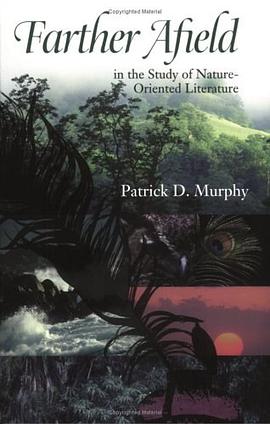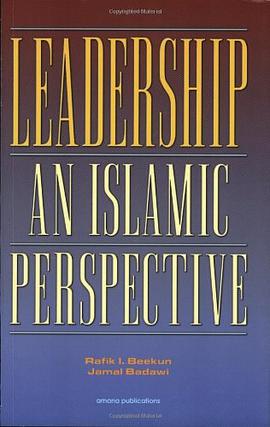

具体描述
In the 1990s, the emerging field of ecocriticism--nature-sensitive literary studies--began to establish and define itself. Arguing that the field has matured to the point where it requires a thorough critique and new theoretical underpinnings, Patrick D. Murphy suggests a variety of ways ecocriticism can become more inclusive in its objects of study and more sophisticated in its methodologies.According to Murphy, ecocriticism in the United States has been too narrowly associated with the study of nonfiction. To broaden the field's purview, he proposes a new taxonomy that draws an important distinction between nature writing--a nonfiction essay form descended from Henry David Thoreau--nature literature, which includes fiction and poetry, and environmental literature, which is inspired by and concerned with a threatened natural world. He also urges ecocritics to expand their study to international literature, and he proceeds to survey nature-oriented prose from Central America, the Caribbean, southern Africa, Spain, and Japan.On a theoretical level, Murphy addresses the relationship of ecofeminism to postmodernism and provides interpretations of contemporary American multicultural and women's literature, including works by Gary Snyder, Simon Ortiz, Jane Brox, Pat Mora, Lori Anderson, Nora Naranjo-Morse, Sallie Tisdale, and Terry Tempest Williams. Applying his theories of ecocritical analysis to underappreciated or unknown literature, especially fiction and poetry by American women writers of color, Murphy introduces his fellow critics to authors ripe for ecocritical analysis.Murphy's wide-ranging book will no doubt serve as a watershed in the development of ecocriticism.
作者简介
目录信息
读后感
评分
评分
评分
评分
用户评价
相关图书
本站所有内容均为互联网搜索引擎提供的公开搜索信息,本站不存储任何数据与内容,任何内容与数据均与本站无关,如有需要请联系相关搜索引擎包括但不限于百度,google,bing,sogou 等
© 2025 book.wenda123.org All Rights Reserved. 图书目录大全 版权所有




















